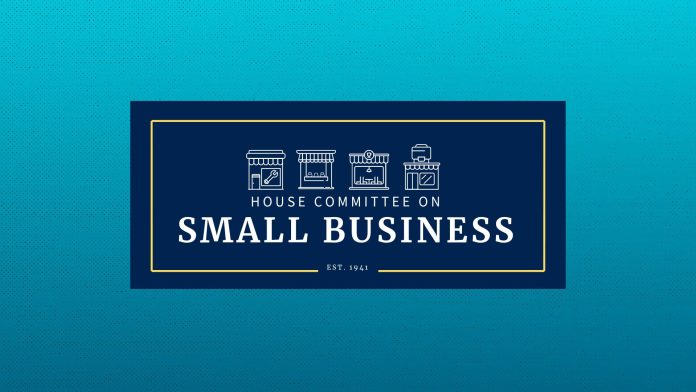In a significant move aimed at empowering small businesses, the U.S. House of Representatives has passed seven key bills designed to enhance support and resources for entrepreneurs across the nation. This legislative milestone reflects a bipartisan effort to ensure that the federal government acts as an ally to small business owners rather than an impediment. Rep. Roger Williams (R-TX), Chairman of the House Small Business Committee, underscored the collaboration by stating, “Committee Members on both sides of the aisle are working together to ensure that the federal government works for American small businesses, not against.”
Among the bills that were passed, two stand out for their direct impact on small business development and opportunities.
The H.R. 1642, Connecting Small Businesses with Career and Technical Education Graduates Act of 2025, mandates that Small Business Development Centers (SBDCs) and Women’s Business Centers (WBCs) play an active role in guiding small businesses to avail themselves of graduates from career and technical education programs. Importantly, these centers are also required to support graduates who aspire to launch their own businesses. Small business owners can benefit from a ready pool of qualified talent while bolstering local economies through the creation of new enterprises.
In another pivotal move, the H.R. 1816, WOSB Accountability Act, focuses on enhancing the certification process for women-owned small businesses (WOSBs). By requiring the Small Business Administration (SBA) to only count certified WOSBs in its procurement scorecard, this legislation aims to eliminate the current incentives for self-certification. This change could lead to greater competition and a more accurate assessment of how well the government is meeting its procurement goals, ultimately serving to level the playing field for genuine women-owned businesses.
The H.R. 787, Plain Language in Contracting Act complements these efforts by requiring federal agencies to issue contract solicitations in clearer, more accessible language. Many small business owners struggle to navigate complex procurement processes, and simplifying these documents could enhance participation, allowing more small firms to compete for government contracts.
Another notable piece of legislation, H.R. 789, Transparency and Predictability in Small Business Opportunities Act, aims to require agencies to provide clear justifications for canceled contract solicitations. This bill mandates that agencies support small businesses in finding similar contracting opportunities when they face setbacks, which could greatly alleviate the frustration and confusion often related to government bidding processes.
Additionally, the H.R. 1804, 7(a) Loan Agent Oversight Act instills further accountability within the SBA by requiring the of Office of Credit Risk Management to report to Congress on loan agent activities. This oversight is aimed at ensuring that small businesses receive the support they need without undue risk.
The H.R. 1634, ThinkDIFFERENTLY About Disability Employment Act highlights a commitment to inclusivity. It mandates collaboration between the SBA and the National Council on Disability to improve entrepreneurship and employment opportunities for individuals with disabilities. This move not only extends new avenues for business development but also supports a more diverse workforce.
Lastly, the H.R. 1621, Entrepreneurs with Disabilities Reporting Act of 2025 requires the SBA to address the barriers faced by entrepreneurs with disabilities, offering insights that could drive future reforms.
While these legislative efforts are promising, small business owners should remain vigilant about potential challenges. Navigating the evolving regulatory landscape may require additional resources and may pose compliance challenges. Engaging with SBDCs and WBCs can provide vital support in understanding and utilizing these new opportunities effectively.
As these bills progress, the emphasis on working collaboratively with small businesses indicates a shift towards a more supportive environment. This momentum is crucial as entrepreneurs strive to innovate, grow, and contribute to local economies. Small business owners should stay informed on these developments, leveraging the newly available resources as they emerge.
For further details on these legislative actions, you can read the original press release here.
Image Via BizSugar



